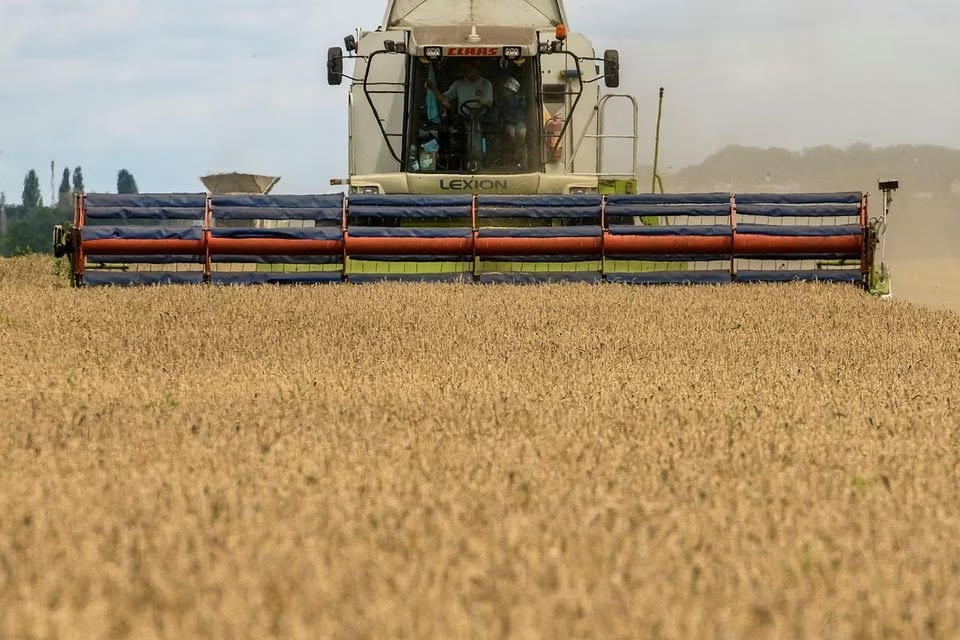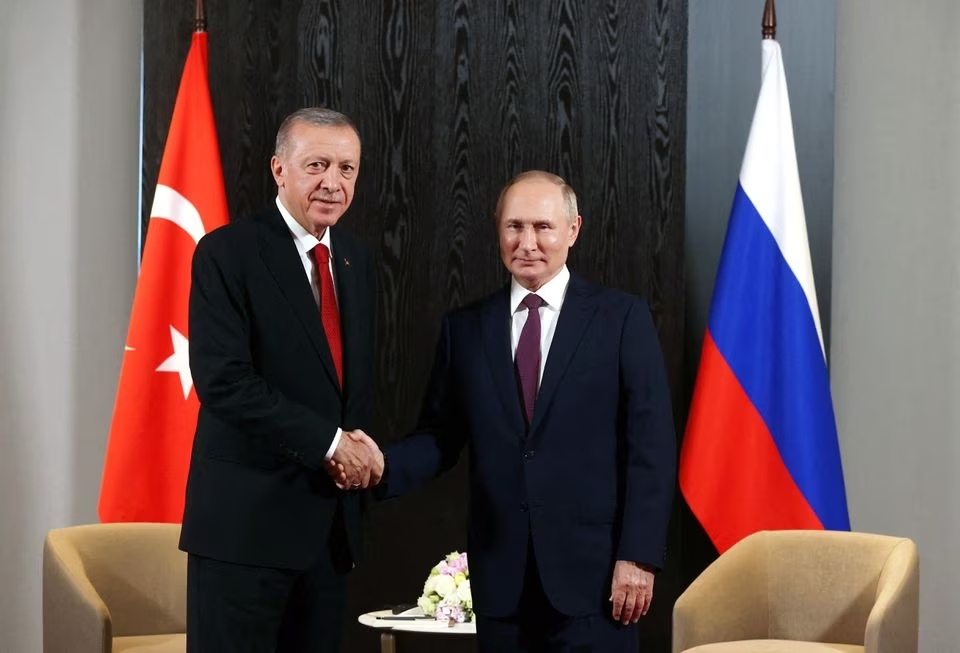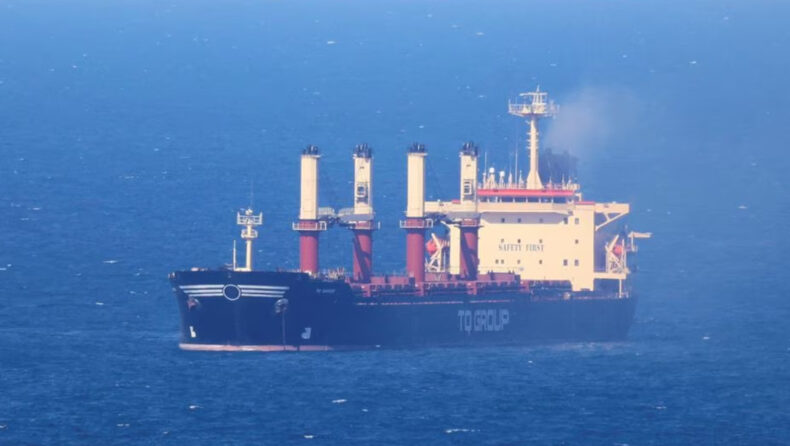Russia on Monday pulled out of the Black Sea Grain deal, which had allowed Ukraine to export grain through the Black Sea. The agreement brokered by the UN and Turkey in July 2022, aiming to address the global food crisis caused by the Russia-Ukraine war, sought to enable the secure exportation of Ukrainian grains, which had been impeded by the ongoing Russia-Ukraine conflict, to nations in Africa, the Middle East, and Asia, where the escalating menace of hunger poses a significant concern.
During a press briefing, Dmitry Peskov, the Kremlin spokesperson, made it clear that Moscow would only reconsider its involvement in the initiative if its demands were met. These demands include the removal of sanctions imposed by Western nations on Russian fertiliser companies and the easing maritime insurance restrictions that have hindered Russia’s export activities.
Significance of the Black Sea Grain Deal

Image Source: Reuters
The Black Sea Grain deal holds significant importance due to Ukraine’s status as a leading global sunflower, maize, wheat, and barley exporter. Following Russia’s invasion in February 2022, Ukrainian ports faced a blockade, trapping a massive 20 million tonnes of grain and leading to a significant surge in global food prices. However, the crucial Black Sea Grain deal helped Ukraine to establish a secure shipping channel, enabling the country to export a substantial quantity of 32.9 million tonnes of agricultural products, including 16.9 million tonnes of corn and 8.9 million tonnes of wheat.
Ukraine skillfully utilised the ports of Odesa, Chornomorsk, and Yuzhny/Pivdennyi to bypass the Russian blockade on its Black Sea ports, ensuring the safe passage of ships through the designated waterway to Turkey’s Bosphorus Strait. This strategic manoeuvre granted Ukraine access to global markets and facilitated the export of essential grains through sea routes.
Ukraine’s Reactions to Russia’s Decision
In response to Russia’s decision to discontinue its involvement in the agreement, Ukrainian President Volodymyr Zelensky expressed his concerns through his telegram page. Zelensky denounced Russia’s move as yet another attempt to exploit hunger as a weapon and disrupt global food market stability. He also revealed that vessel-owning companies had submitted proposals expressing their willingness to continue transporting grain if Ukraine granted them access and if Turkey allowed their passage.
According to a BBC report, Nikolay Gorbachev, the president of the Ukrainian Grain Association, stated that members of the association had identified alternative means for grain exportation, including the utilisation of Danube River ports. However, Gorbachev acknowledged that these ports would be less efficient, resulting in a decrease in the volume of grain Ukraine can export and an increase in associated transportation costs.
Western Officials Condemn Russia

Russia’s decision to withdraw from the Black Sea Grain deal has drawn strong condemnation from Western officials. Ursula von der Leyen, the President of the European Union Commission, described it as a “cynical move” aimed at terminating the initiative despite the efforts made by the United Nations and Turkey. Jens Stoltenberg, the Secretary General of NATO, took to Twitter, emphasising that Russia’s unlawful war against Ukraine continues to cause significant harm to vulnerable individuals worldwide. James Cleverly, the Foreign Secretary of the United Kingdom, condemned the Kremlin’s action, stating in a tweet that Putin is using food as a weapon and emphasising the adverse effects on impoverished communities globally.
In contrast, Turkish President Recep Tayyip Erdogan expressed optimism about the possibility of Russia reconsidering its position. Erdogan mentioned that he would discuss the matter with Vladimir Putin in person during their upcoming meeting next month.
Russia clarified that the expiration of the deal was unrelated to the attack on the Crimea Bridge, which occurred on Monday, resulting in two deaths.













